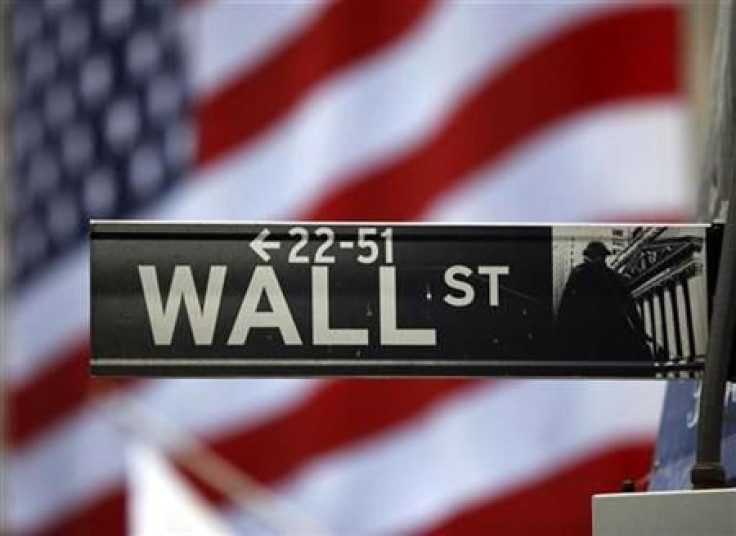Retail investors slowly, cautiously getting back into stock market

Despite two straight years of healthy stock market returns in the U.S., many small retail investors remain on the sidelines, perhaps still shell-shocked by the market plunge of 2008 and the lingering global recession.
However, now we are starting to see retail investors wade back into equities, given that the allure of bonds has virtually dried up and the economic recovery seems to have some traction.
Howard Present, president of F-Squared Investments, told CNBC that individual investors have begun participating in the stock markets, but they don’t yet have the confidence to maintain full exposure to equities.
He indicated that investors are eschewing “bellwether” investment like large-cap value and large-cap growth stocks mutual funds (which suffered combined outflows of $5-billion per month last year), in favor of so-called “hybrid” products, which offer exposure to equities, but with more downside protection than a pure equity instrument.
Investors are more “risk-sensitive” now than they have been in a long time, Present contended, and they are simply not prepared for an unadulterated exposure to equities.
Todd Morgan, chairman of Bel Air Investment Advisors, said he believes the extension of tax cuts will likely push some retail investor to change their asset allocations by reducing exposure to bonds and cash and raise their positions in equities.
However, he suggests they are favoring high quality stocks, namely large-cap multinational dividend-paying blue-chip issues.
Retail investors might have waited too long, though. Historically, many of them tend to jump back into equities long after a rally has weakened (i.e,. playing the hopeless game of chasing returns.). It is best hoped that the stock market shows another strong rally this year in order to justify any major commitment to U.S. equities again.
© Copyright IBTimes 2024. All rights reserved.











